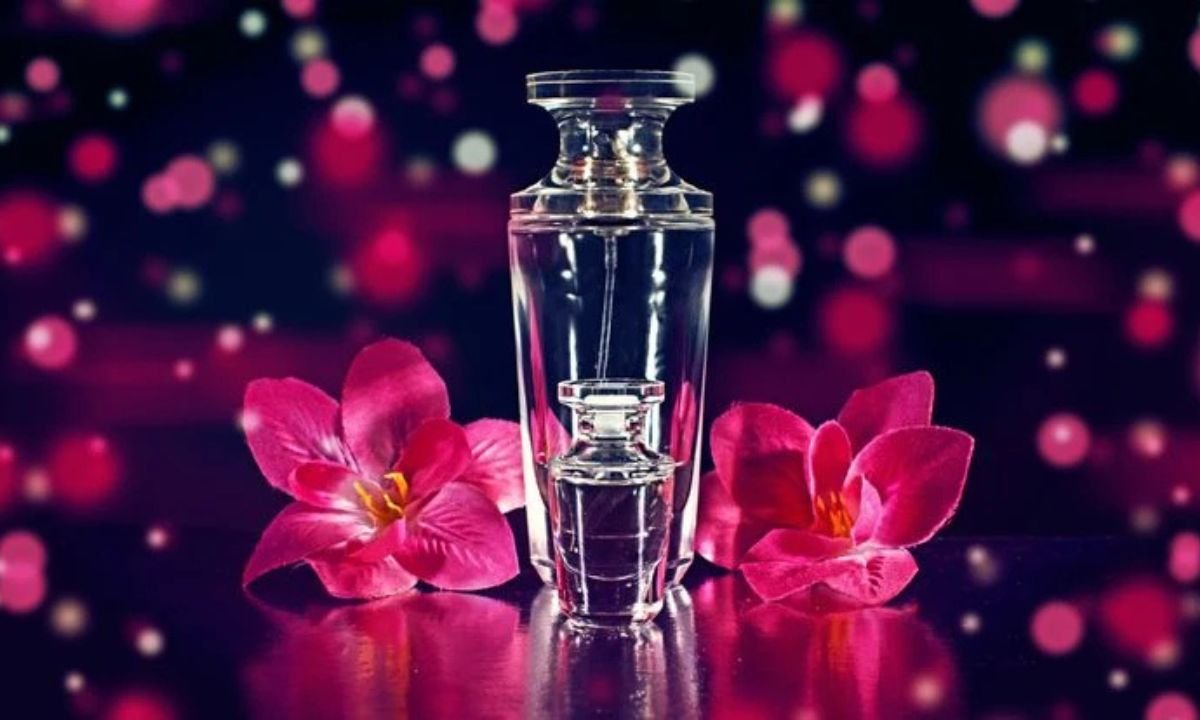The Mystery of Perfume and Skin
Almost everyone has had this experience: you smell a perfume on someone else, fall in love with it, and rush to buy the same bottle—only to find that it doesn’t smell the same on you. The reason isn’t poor marketing or bad luck; it’s science. Perfume interacts differently with every individual because of body chemistry, lifestyle, and environment.
Understanding why perfumes smell different on different people can save time, frustration, and money. It can also make exploring fragrances more exciting. Today, with the ability to subscribe to perfumes monthly, people can test perfumes on their own skin before committing, discovering which ones truly fit them.
The Role of Body Chemistry
Skin pH
One of the biggest factors in how perfume smells is skin pH. The natural acidity or alkalinity of your skin influences how fragrance molecules develop. On some people, perfumes may turn sweeter, while on others, they may become sharper or more muted.
Skin Type
Oily skin tends to hold perfume longer, allowing it to bloom fully throughout the day. Dry skin, however, often causes perfume to fade quickly or shift into harsher base notes. This explains why the same perfume may feel radiant on one person but flat on another.
Hormones and Diet
Hormonal levels, as well as what you eat, affect your body chemistry. Diets rich in spices, for example, may subtly alter how perfumes smell on your skin. These natural variations mean perfumes are never truly universal.
Perfume Concentration and Development
Perfumes evolve in three stages: top notes, heart notes, and base notes. While everyone experiences the same basic structure, the speed and balance of these transitions differ depending on the wearer.
For example:
- On one person, a citrus-heavy top note may linger for hours.
- On another, it may vanish quickly, leaving woody or musky base notes more dominant.
This is why some people carry floral perfumes elegantly, while others make the same perfume feel too powdery or heavy.
Environmental Influences
Perfume doesn’t just interact with your skin—it interacts with your environment. Climate, humidity, and even the fabrics you wear affect performance. A perfume that smells warm and inviting in a cold climate may feel cloying in humid heat. Similarly, wearing perfume on breathable fabrics may make it diffuse differently than on heavy wool.
Lifestyle Factors
How often you exercise, whether you smoke, and even your skincare routine all influence how perfume behaves. People who moisturize regularly tend to have better perfume longevity and balance, while dry or untreated skin often alters a fragrance’s intended profile.
Why Perfumes Smell Better on Some People
When a perfume suits someone’s body chemistry, it feels harmonious—it blends seamlessly into their natural scent. This alignment makes the fragrance seem like part of them, rather than something applied. When it clashes, the perfume can feel off-putting or harsh.
The perception of “better” often comes down to:
- Chemistry alignment.
- Scent personality match.
- Emotional and social context.
Sometimes, what makes perfume smell better isn’t the fragrance itself but how the wearer carries it. Confidence and comfort play a huge role in how a scent is perceived.
The Role of Sampling
The only way to truly know how a perfume works on you is to wear it. Paper blotters and first spritz impressions are unreliable because they don’t reflect how the perfume evolves with your skin.
This is why the option to subscribe to perfumes monthly is so valuable. By testing multiple fragrances on your own skin over time, you can discover what works best with your chemistry and lifestyle, rather than guessing from store shelves.
Tips for Finding the Right Perfume
- Test on skin, not paper: Always apply to your wrist or inner elbow to see how it evolves.
- Give it time: Wear a perfume for several hours before deciding—it changes dramatically from first spritz to dry down.
- Moisturize first: Hydrated skin helps perfume last longer and smell closer to its intended profile.
- Experiment with seasonality: Light citrus perfumes may shine in summer, while heavier ambers bloom in winter.
- Rotate regularly: Using different perfumes helps you notice which ones consistently feel right.
Building Your Personal Scent Identity
Instead of searching for perfumes that mimic what you like on others, focus on finding what works for you. A personal fragrance wardrobe reflects individuality, shaped by chemistry, environment, and personality.
By paying attention to how perfumes evolve on your skin, you can create a collection that feels authentic rather than imitative. Over time, this collection becomes a reflection of who you are, leaving a memorable impression on others.
Why the Difference Is Beautiful
Perfume’s variability isn’t a flaw—it’s what makes it art. The same fragrance transforms uniquely on every wearer, meaning no two experiences are identical. This individuality is part of what makes perfume so fascinating.
Rather than being frustrated that a scent doesn’t smell the same on you as on someone else, embrace the uniqueness. It means your perfume experience is entirely personal.
YOU MAY ALSO LIKE: Why Skin Health Matters in Choosing the Right Incontinence Pads










